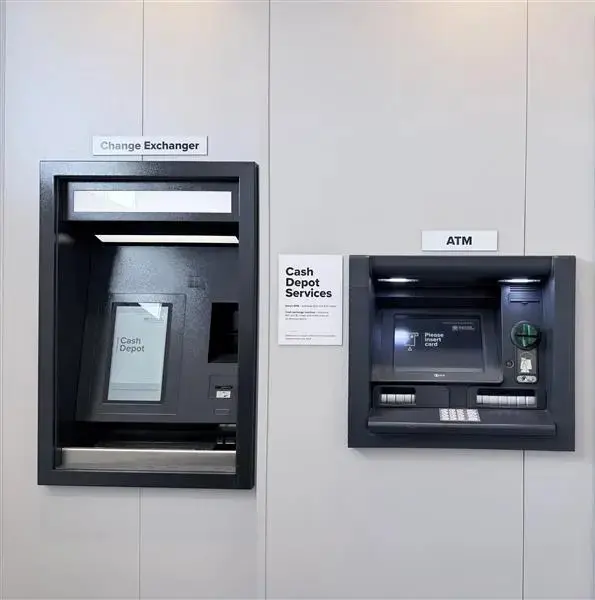Companies that allow scammers to operate could face penalties of up to $50 million ($33.4 million) and be forced to compensate victims under a proposed new law.
According to the Australian Competition and Consumer Commission (ACCC), more than 601,000 scams were reported in 2023—a record number and an increase of 18.5 percent on the previous year, costing victims $2.74 billion.





